The Party Manifestos: How They Impact Fleet Operators and Drivers
Friday 21st June 2024

Ever since the first manifesto was produced by Sir Robert Peel in 1834, political parties have been publishing pre-election documents filled with plans and promises for the next parliamentary term.
While relatively few people read these documents from cover to cover, once a party wins power, their manifesto becomes a benchmark against which their successes and failures are measured.
With this in mind, we’ve outlined the key policy ideas and pledges that will be of interest to drivers and fleet operators of all sizes.
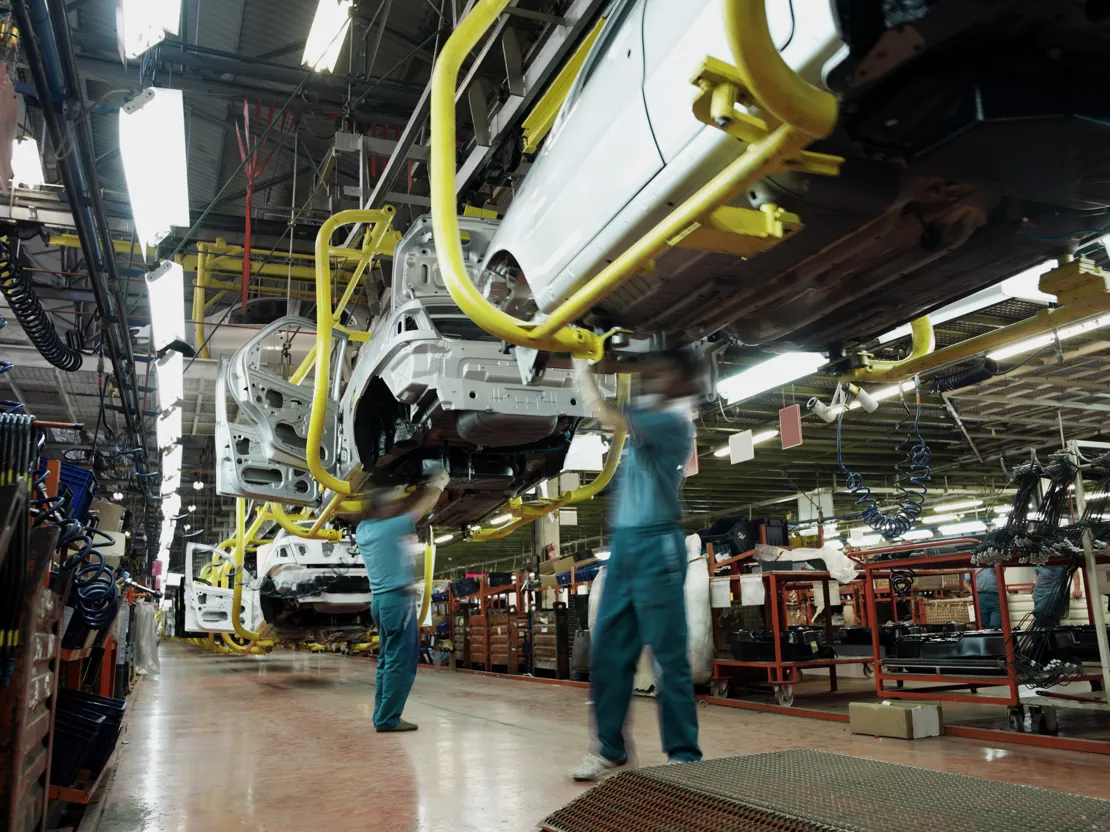
Commitments to the ban on new ICE vehicle sales
Labour has committed to restoring the 2030 phase-out date for new cars with internal combustion engines; however, they make no mention of vans or HGVs. Whereas the Liberal Democrats pledge to restore the original requirement that every new car and small van sold from 2030 is zero emission.
In contrast, the Conservatives have adopted what they describe as an ‘affordable and pragmatic transition to net zero’ and make no mention of whether the proposed ban on selling petrol and diesel only cars and vans from 2035 will remain. That said, they have reiterated their commitment to delivering the Zero Emission Vehicle Mandate in a way that ‘supports manufacturers and safeguards skilled British jobs.’
Currently, the mandate includes ever-increasing targets for the sale of zero emission cars and vans until it reaches 80% for cars and 70% for vans in 2030 and 100% for both in 2035. Whether the Conservative manifesto’s wording paves the way for adjustments to these targets is, perhaps, open to interpretation and it’s interesting that the other major parties make no mention of the mandate at all.
The Green Party has been more ambitious and plan to end the sale of new petrol and diesel fuelled vehicles by 2027 and the use of ICE vehicles on the road by 2035.
In summary, the main parties have committed to banning the sale of ICE cars and vans by:
- Conservatives - 2035 (cars and vans - assumed)
- Labour - 2030 (cars - no mention of vans)
- Liberal Democrats - 2030 (cars and vans)
- Green Party - 2027 (cars and vans)
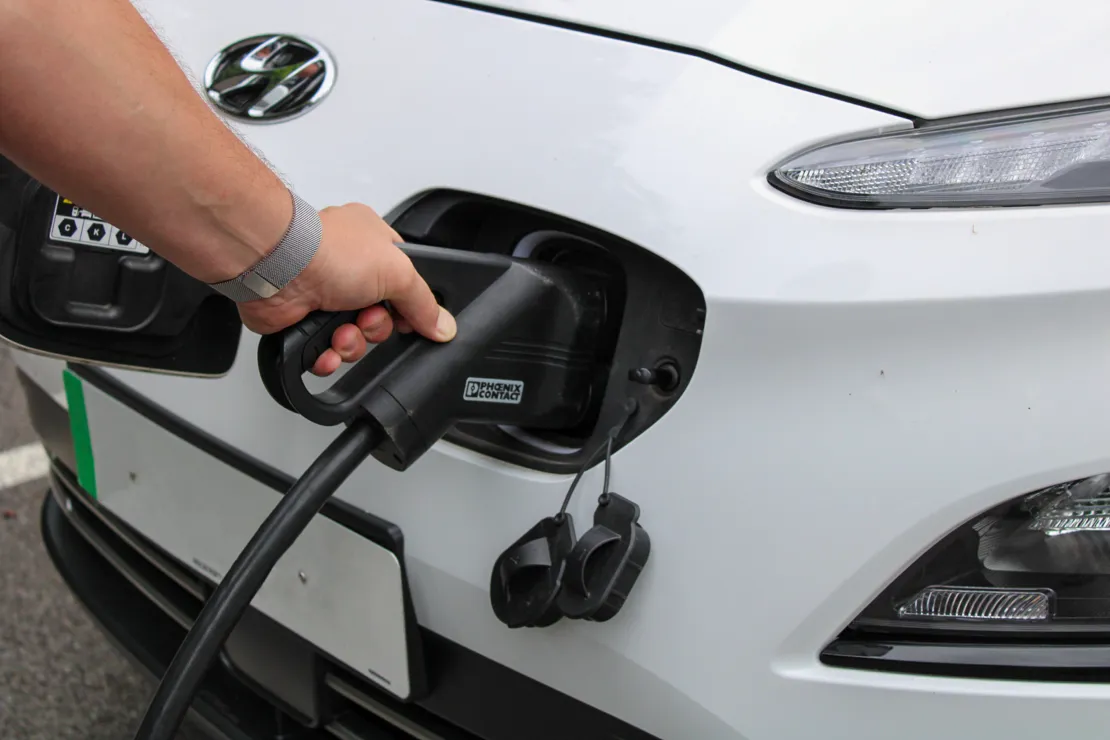
Delivering a fit-for-purpose charging infrastructure
All the parties are committed to improving the UK’s public charging infrastructure, bringing more capacity to the National Grid, and accelerating the rollout of rapid chargepoints.
For example, the Liberal Democrats promise to install more chargers on residential streets and more ultra-fast chargers at service stations. This is clearly laudable, but there is no actual detail as to how this will happen and whether this is simply a target for the private sector to hit.
In fairness, these are wide-ranging manifestos and we have already seen the Conservatives’ 2022 electric vehicle infrastructure strategy and Labour’s 2023 Automotive Sector plan, both of which outline their proposals for delivering a fit-for-purpose nationwide charging infrastructure. Of course, keeping specifics out of the manifesto documents can create more wiggle room further down the line.
Something that will certainly please EV drivers, especially those with a phone full of payment apps, is the Liberal Democrats commitment that all charging points are accessible using a standard bank card. That said, legislation already exists to ensure that all DC chargers have the capacity to take a contactless payment.
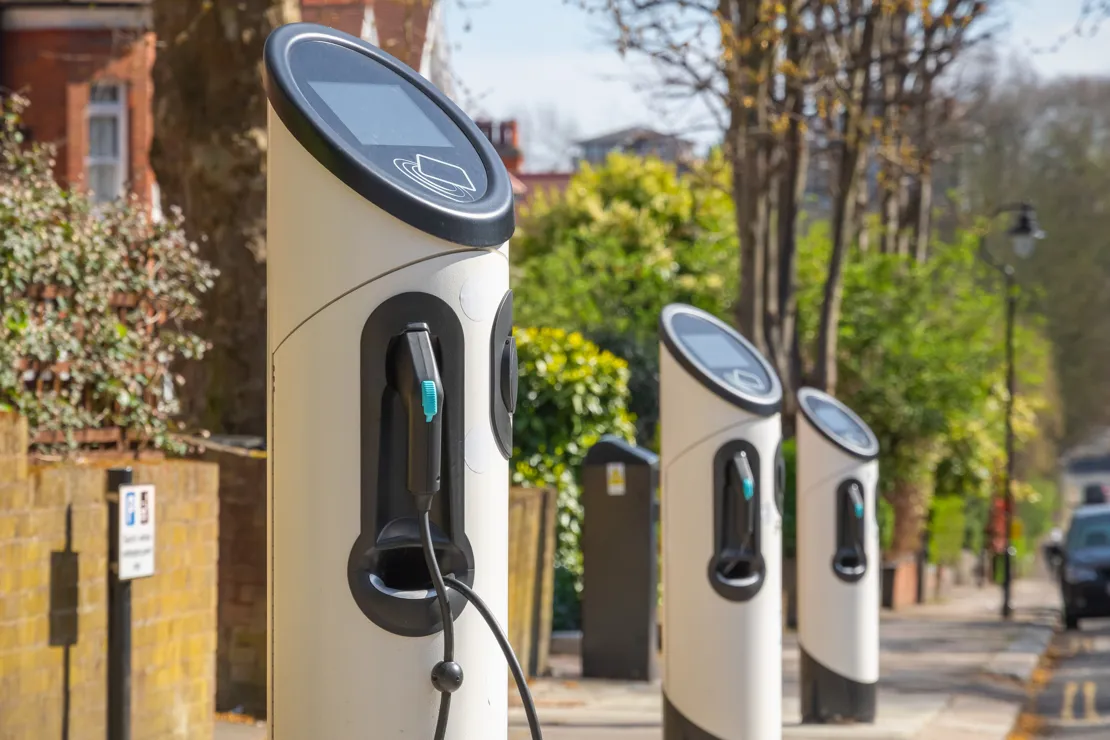
5% VAT on public charging and return of the plug-in car grant
There are plenty of references to ‘more support’ to help drivers and firms make the transition to zero carbon vehicles, but again, there is little detail about what that could mean in practice.
However, it’s interesting to note that the Liberal Democrats agree with the House of Lords Environment and Climate Change Committee’s recommendation that VAT on public charging be reduced from 20% to 5%, bringing it in line with domestic electricity. They also propose reintroducing the plug-in car grant to further incentivise the adoption of battery electric vehicles.
Building confidence in EV batteries
Labour promises to support buyers of second-hand electric cars by standardising the information supplied on the condition and health of EV batteries. Although not specifically mentioned in their manifesto, their previously published plan for the automotive sector indicates that they will look to implement a standardised battery health certification scheme similar to that used in Norway.
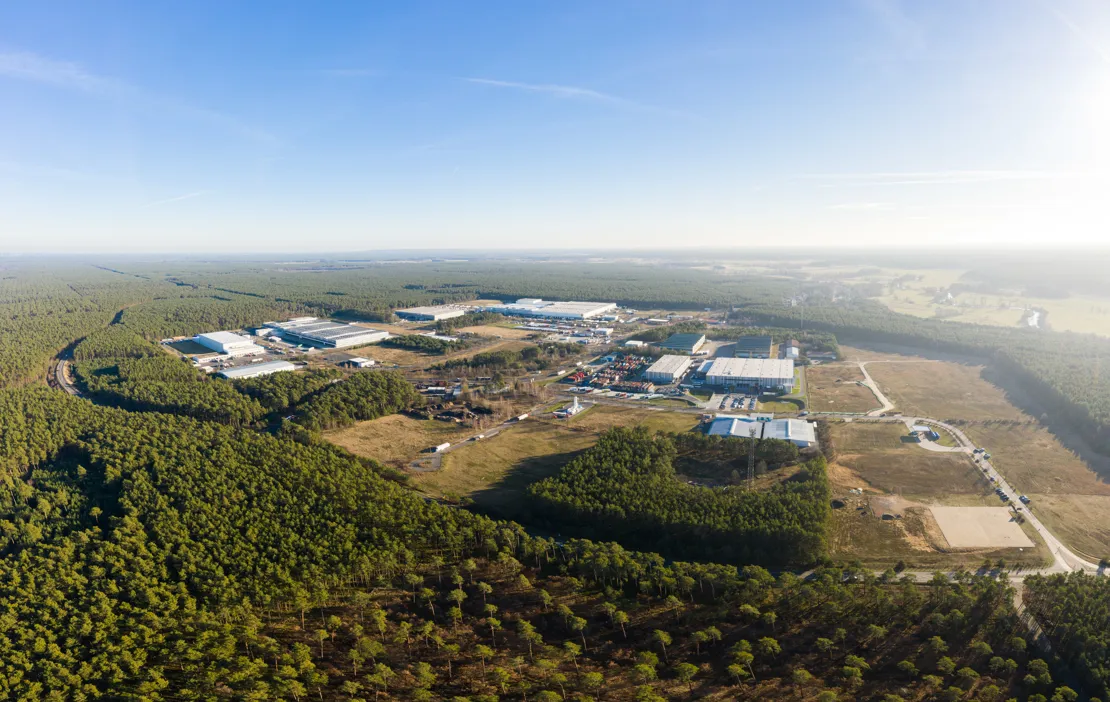
Investing in gigafactories to secure automotive manufacturing
Labour has previously said that ‘future electric vehicle manufacturing will migrate to wherever electric batteries are being made’ and their manifesto makes a commitment to allocate £1.5bn for new gigafactories. They also plan to update national planning policy to make it easier to build digital infrastructure and gigafactories.
On the other hand, while the Conservative manifesto pays tribute to the £4 billion investment which has already been secured for a new gigafactory in Somerset, there are no additional commitments for future investment.
Scrappage scheme for ICE vehicles
In another reworking of policies from years gone by, the Green Party says they will ‘push for an extensive vehicle scrappage scheme to support the rapid transition to EVs, with funding rising to £5bn per year by the end of the parliament’. Previous governments have used scrappage schemes to incentivise change and so this may be an idea which gets more attention further down the road.
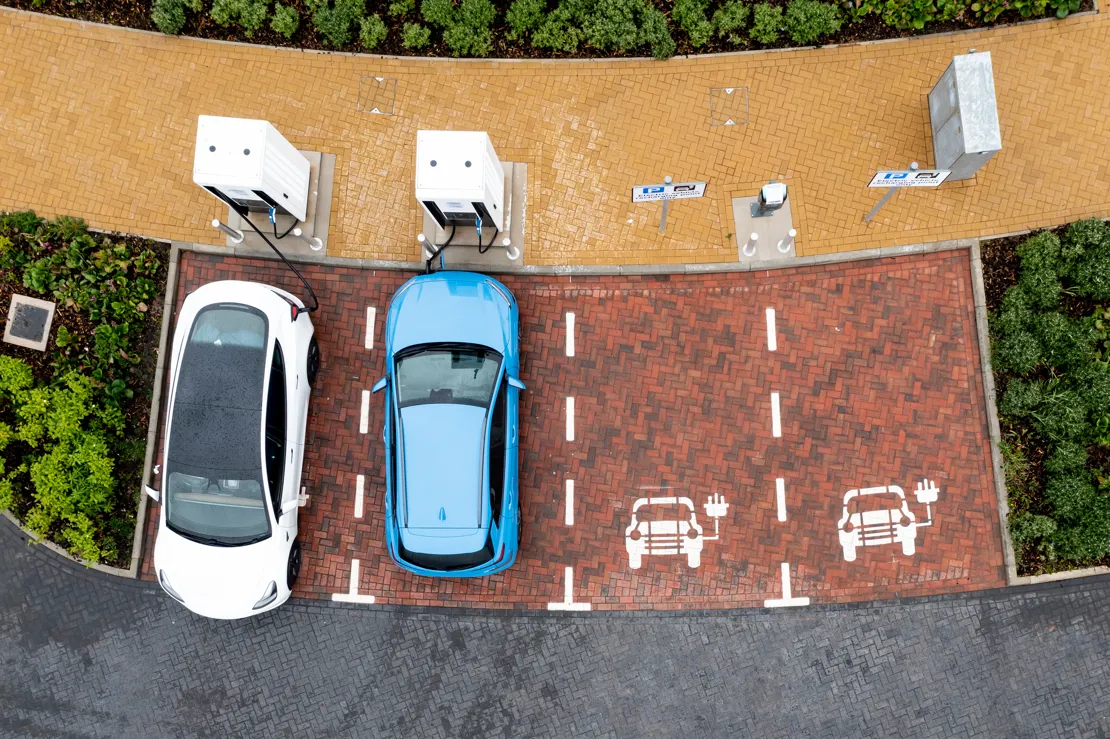
A potential return for the fuel duty escalator
The Green Party will push for the restoration of the fuel-duty escalator, a defunct Conservative policy that attempted to stem pollution with above-inflation annual rises in duty on fossil fuels. Whether the other parties consider this as a viable policy remains to be seen.
The plans for road pricing
As tax revenue from fuel declines, the Green Party proposes the increased use of road-pricing to increase revenues. However, this is not a view shared by the Conservatives, who make it clear that they have no plans to introduce pay-per-mile road pricing and will actually ban Mayors and local councils from doing so. Neither Labour nor Liberal Democrats rule out road pricing, but they haven’t ruled it in either.
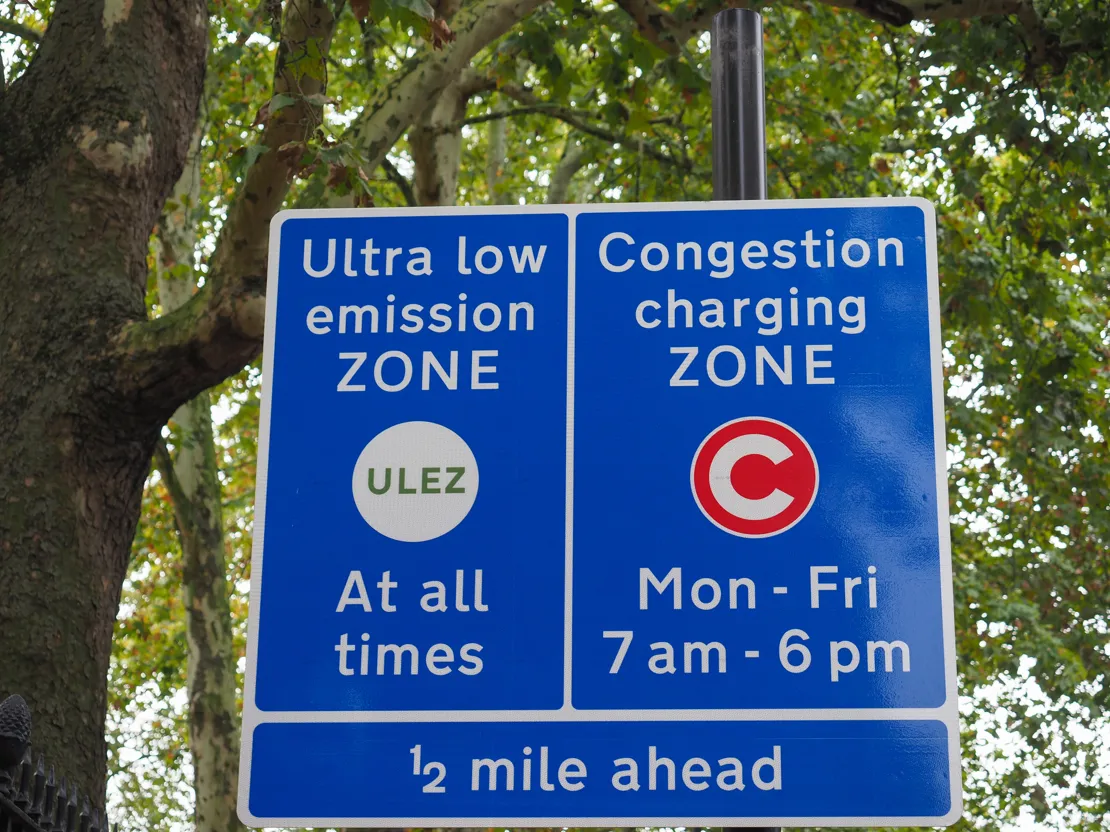
Reversing London’s ULEZ expansion
To support the UK’s drive to become net-zero by 2050, the government has already pledged to reform the planning system and speed up approval for new projects to connect to the grid. Since November 2023, 40GW of energy projects have been offered earlier grid connection dates and network companies have announced investment programmes, framework agreements and tenders worth up to £85 bn.
In January this year, the government produced an updated Energy National Policy Statements for electricity networks infrastructure, which designates the development of a nationally significant low-carbon infrastructure as a Critical National Priority (CNP). This might seem like meaningless jargon, but CNP issues benefit from prioritised legislation, increased allocation of resources, and fast-tracked planning for new projects.
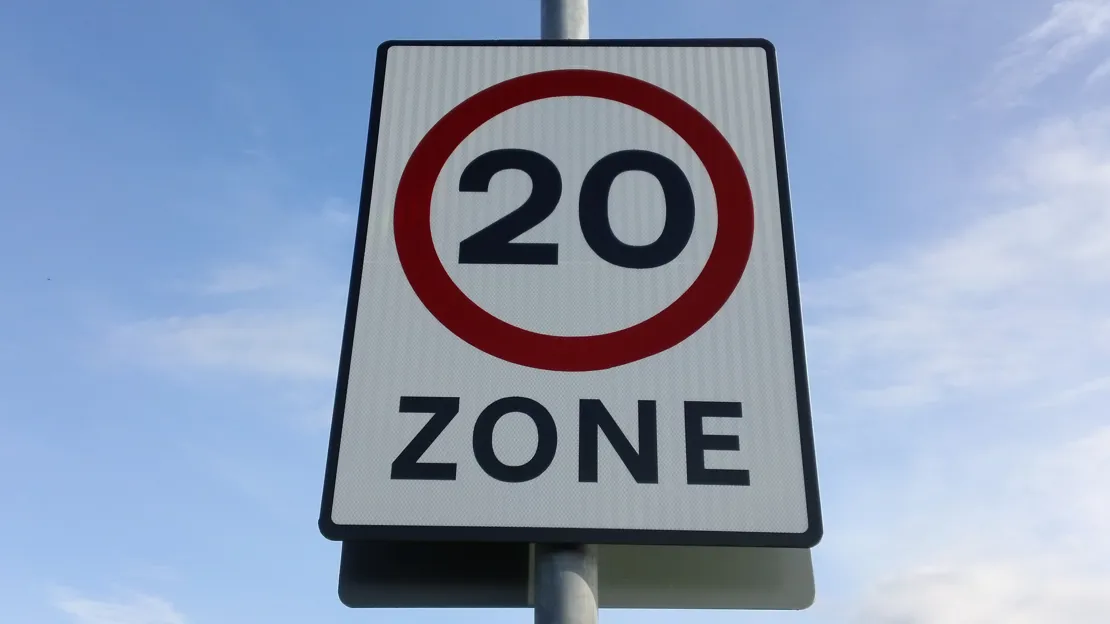
More consultation on 20mph zones
As part of their ‘Backing Drivers’ strategy, the Conservatives promise that any new 20mph schemes will be put to a referendum and they will also introduce a right to challenge existing Low Traffic Neighbourhoods and 20mph schemes. Conversely, Green MPs will argue for 20mph to be the default speed limit in all built-up areas.
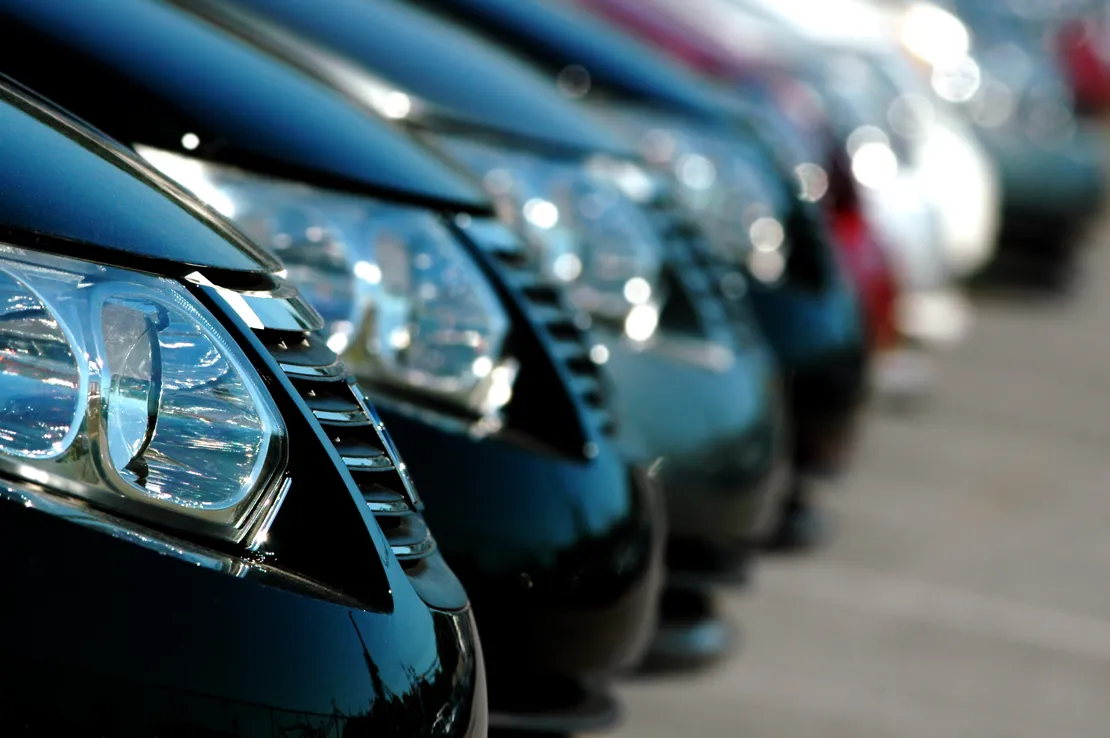
Rolling out a National Parking Platform
To simplify the process of paying for parking, the Conservatives have promised to roll out a National Parking Platform before the end of the year. The scheme, which is already live in some council run parking areas, lets drivers select their preferred payment provider, instead of being forced to use a specific service or app.
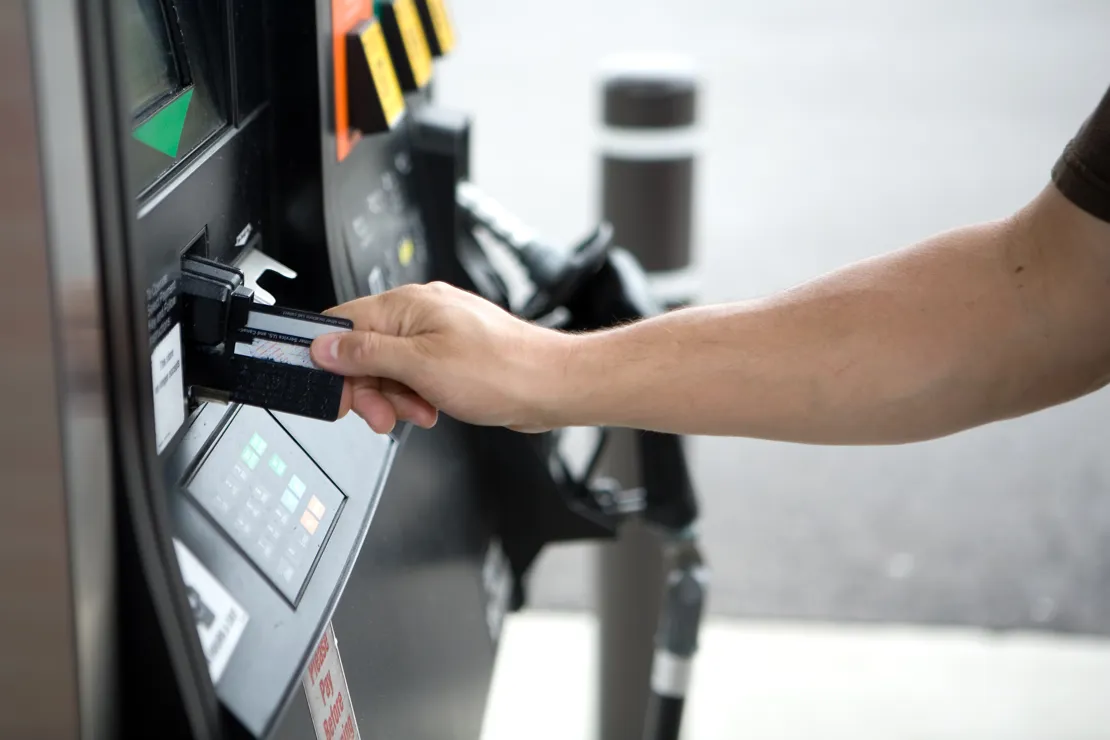
Paying a fair price at the pump
January 2024 saw the launch of a consultation on a ‘Pumpwatch’ scheme that would force retailers to make real-time price data available to navigation apps, in-car devices, and comparison websites, and the Conservative manifesto reiterates their commitment to this policy. The Liberal Democrats seem to be thinking along the same lines, claiming that petrol prices are ‘unfair,’ however, their manifesto stops short of suggesting a solution to the problem.

Fixing Britain’s broken roads
Labour has decried the state of Britain’s roads, saying that ‘cars remain by far the most popular form of transport’ and that a future Labour government will maintain and renew our road network and tackle congestion.
This objective would, in part, be delivered through a new National Infrastructure and Service Transformation Authority that will bring together existing bodies, set strategic infrastructure priorities, and oversee the design, scope, and delivery of projects.
They also pledge to fix an additional one million potholes across England in each year of the next parliament, with much of the work being funded by deferring the A27 bypass, which they see as offering poor value for money.
The Liberal Democrats have also criticised the state of the roads and promise to ‘give more of the roads budget to local councils to maintain existing roads, pavements, and cycleways, including repairing potholes.
Meanwhile, the Conservatives plan to use £8.3 billion saved by cancelling the second phase of HS2 to fill potholes and resurface roads. This sounds positive but, as RAC Head of Policy, Simon Williams, points out, this equates to just 3% of all council-run roads in England.
The Conservatives ‘Plan for Drivers’ also includes reforms to make better use of bus lanes, introduce penalties for overrunning street works, and implement a more consistent enforcement approach for yellow box junctions.
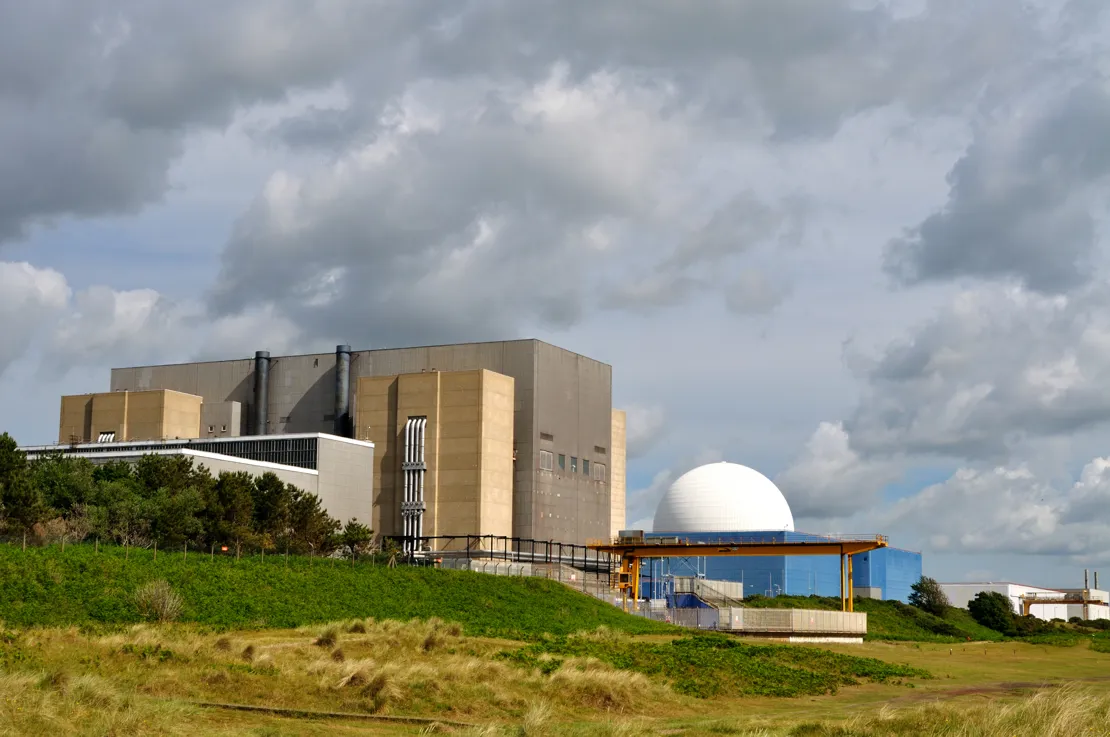
Nuclear favoured by some, but not all
While everyone agrees on need for a secure, affordable, and renewable supply of electricity, the parties are split on the best way to make this happen.
Both Labour and the Conservatives see nuclear power as key to meeting future energy needs, with the latter pledging to approve two new fleets of Small Modular Reactors within the first 100 days of the next Parliament, halve the time it takes for new nuclear reactors to be approved, and deliver the UK’s third mega-nuclear power station at Wylfa, on the island of Anglesey.
Whereas the Green Party sees nuclear as a distraction from the development of renewables and would cease development of any new nuclear power stations. Likewise, the Liberal Democrats make no mention of nuclear other than as a deterrent.
As you would expect, all the parties see wind and solar as vital to our future energy security and there is a general consensus that planning approval needs to be easier and quicker.
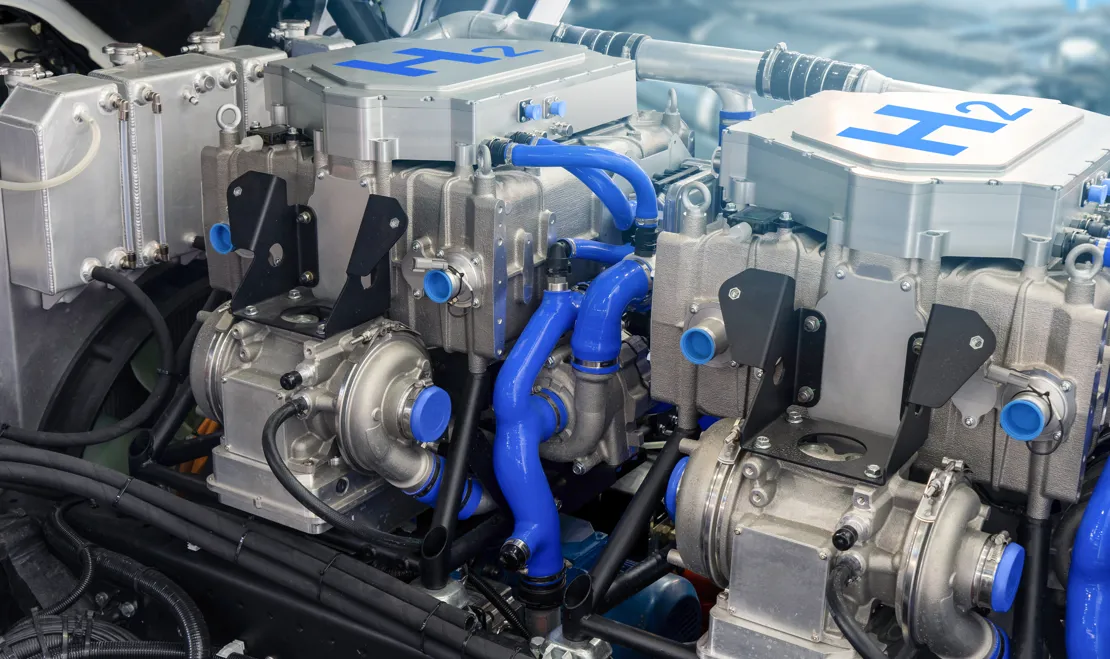
£500 million for green hydrogen
All the parties agree that green hydrogen is important to the UK’s energy strategy, but only the Labour manifesto includes a specific funding commitment.
As part of Labour’s National Wealth Fund, which is capitalised at 7.3 billion over the course of the next parliament, £500 million will be set aside to support the manufacturing of green hydrogen.
A low profile for energy storage
The Green Party say that, with investment in interconnectors and grid level storage, it is possible to decarbonise the energy system before 2030. This may be ambitious, and it is notable that energy storage only gets a passing mention by Labour and the Liberal Democrats, and is noticeable by its absence from the Conservative manifesto.

Affordable Car insurance
Both Labour and the Liberal Democrats promise to tackle the soaring cost of car insurance, although they don’t actually say how they will achieve what would surely be a very popular objective.
Expensing of leased assets
Labour has committed to retaining a permanent full expensing system for capital investment and the annual investment allowance for small business. However, they have not said whether or not they will honour the full expensing of leased assets that was announced in the March 2024 Budget.
Automated vehicles on Britain’s roads within 5 years
The Automated Vehicles Act only became law on 20 May 2024 and the Conservatives have used their manifesto to reiterate their commitment that self-driving vehicles will be on Britain’s roads within the next 5 years. Interestingly, none of the other major parties make any mention of automated vehicles.

Beyond 4 July
Whoever wins the general election on 4 July, turning manifesto pledges into legislation takes time, consultation, and compromise. How many of the commitments are fulfilled will, in part, depend on the size of the government’s majority, growth in the economy, treasury income, and the rate of inflation.
Whatever the future holds, and whoever forms the next government, we remain committed to working with fleet operators and their drivers, developing and delivering innovative solutions to their business mobility challenges. To find out more about how we can help, get in touch using the form below.

